Jon Gosier, the founder, and CEO of FilmHedge, an American producer and entertainment industry professional worked at the Tyler Perry Studios, where he learned the ins and outs of movie production. Now Gosier is using those gems to help aspiring film-makers find their footing by securing financing for their feature films, TV shows, or documentaries.
Gosier’s finance background began in venture capital and Tech, having built data-focused software companies. He later went into the venture capital space but now finds himself coming full circle back into film through film finance. During his successful business venture in the music and film industries, he has provided A-list recording artists and other entertainers with new ways of capitalizing on their audience data. In the past, he has worked with partners such as Warner Music, Broadscale, Spotify, Tidal, and Nielsen Entertainment. Having attended his fourth Cannes Film Festival in 2021, Jon Gosier is here to stay on the film finance and production scene. He has shines light on rising film stars thanks to his start-up Film Hedge.
A-CHOICES: Hi Jon. Thank you very much for speaking with me today. I know our filmmakers and producers will appreciate your experience and perspectives. To start things off, can you tell us a little bit about yourself, upbringing, and educational background?
JON: Hi and thank-you for having me. My name is Jon Gosier, I was born in Virginia but I call Atlanta, GA home because I finished elementary school there, went to middle and high school there, and went to college at Savannah College of Art and Design (SCAD) in Savannah, GA. Also, even though I was born in VA, my Mom and most of my family are from South Georgia in towns like Valdosta and Albany. So I’m a ‘Georgia Boy’ through and through. At SCAD originally, I attended Sequential Art because I loved comics. But Sequential Art is also known as Storyboarding. Storyboards are hand-drawn illustrations that are used to plan camera and actor placement for Film production. Literally, you tell the story of the film with sketches because it’s cheaper and faster to convey information that way than to actually start calling in all the actors and camera crews just to come up with ideas. So I fell in love with filmmaking back then when I was 17 or 18 while at SCAD. I also briefly attended the University of Georgia. Go Dawgs!
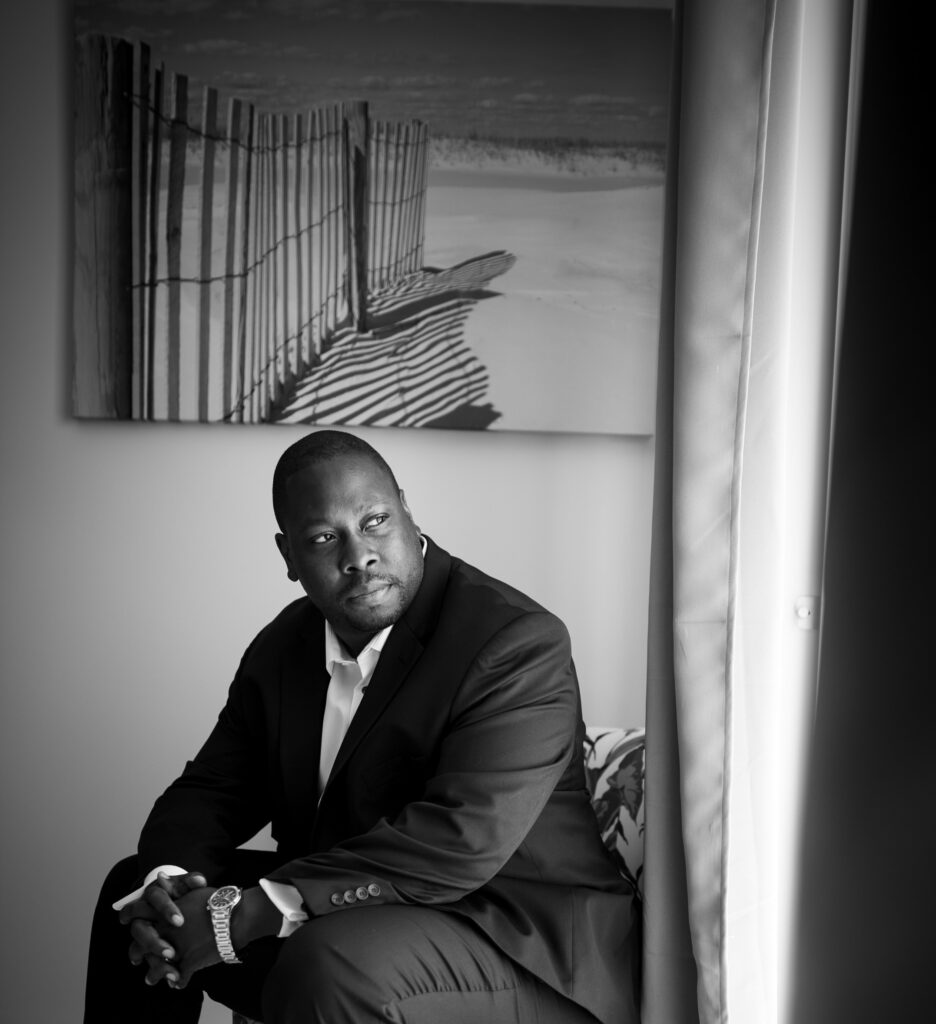
A-CHOICES: You have created new business models for entertainment. Can you give us an idea of how?
JON: I think you’re asking me for examples of how my companies have reshaped entertainment business models. Correct?I’ll give you an example from the music industry:I was reading a news article where music legend Pharrell Williams opined about how he only made something crazy like $30,000 or $40,000 from his song “Happy” from one of the streaming services.
I was like how is that possible! If one of the most prolific and successful musicians of my generation was making that little on one of the biggest songs of the year, it meant that the smaller artists were making nothing at all.
So I went down a rabbit-hole to figure out why streaming music wasn’t making money. Again, this was back in 2014/15 before streaming really hit its stride. It has now become the fastest growing pillar of music industry revenues but that wasn’t the case then.
I realized that it was mostly because the royalties for streaming were still using benchmarks set by terrestrial radio in the 1950s.
On radio when you broadcast to millions of people, every individual of those millions is considered an ‘impression’. Because radio was 1-way communication advertisers never knew how many of those impressions were people actually sitting there listening. So, they had no choice but to pay per impression to reach as many potential listeners as possible.
When you apply those same economics to streaming, that old model no longer works. With streaming, we know EXACTLY how who’s listening, how long they listened, and where they are listening from. For like 50 years radio advertisers were over-paying for impressions because there was no way to verify who was reached. With streaming, advertisers could now pay only for who actually listens. They can now even laser target. Like, ‘we only want to pay to reach women in their 50s who have two kids and a dog’.This ability to target fans with relevant ads and content drastically reduced how much money had to be spent on an advertisement. That’s why Artists back in 2015 felt like they were getting screwed, because there was a huge drop in earnings from radio to streaming.
Long story short, that led to my founding a company called Audigent (formerly called ‘Predictive Pop’), which created a new revenue stream for the music business by monetizing ad targeting data based on people’s music listening habits. Before I talked about ‘targeting’ fans wherever they are across the internet. Audigent does that for music fans. How does it create new revenue for the music biz?
Think of it like this: Google makes money because when you search, you see ads. Those advertisers pay for everyone who sees their ad. Through a process called ‘attribution’ Google knows how much to pay each website owner who helps generate traffic for that ad.
With Audigent we built something similar to Google’s ad targeting tech. In our platform though, our attribution wasn’t based on website owners, it was built around music artists. So, if you’re a brand trying to reach Beyonce fans, or Drake fans, or Burna Boy fans, Audigent can laser target them wherever they are. Using streaming data, we know what music might have motivated you to click on that ad in the first place. So we could attribute the money earned from impressions back to the individual musician. That was the original vision anyways, the company has evolved its services over the years.
What I used to say to artists was “we can help you make Google money”. But most importantly, it’s money that isn’t derived from the sale of music, from touring, from selling merchandise, or even selling ads. Selling ad targeting data, at the time, was new revenue.
A-CHOICES: Can you tell us about your company Southbox Entertainment?
JON:Southbox is a Film and TV Production company that I started in Philadelphia shortly after selling Audigent. In 2018 I moved back to Atlanta, GA and so I relocated the company back here, too.
With Southbox we’re focused on producing diverse, global, and genre-bending stories from around the world. With a big focus on contemporary Africa, about African protagonists, or produced in partnership with Africa’s creators.
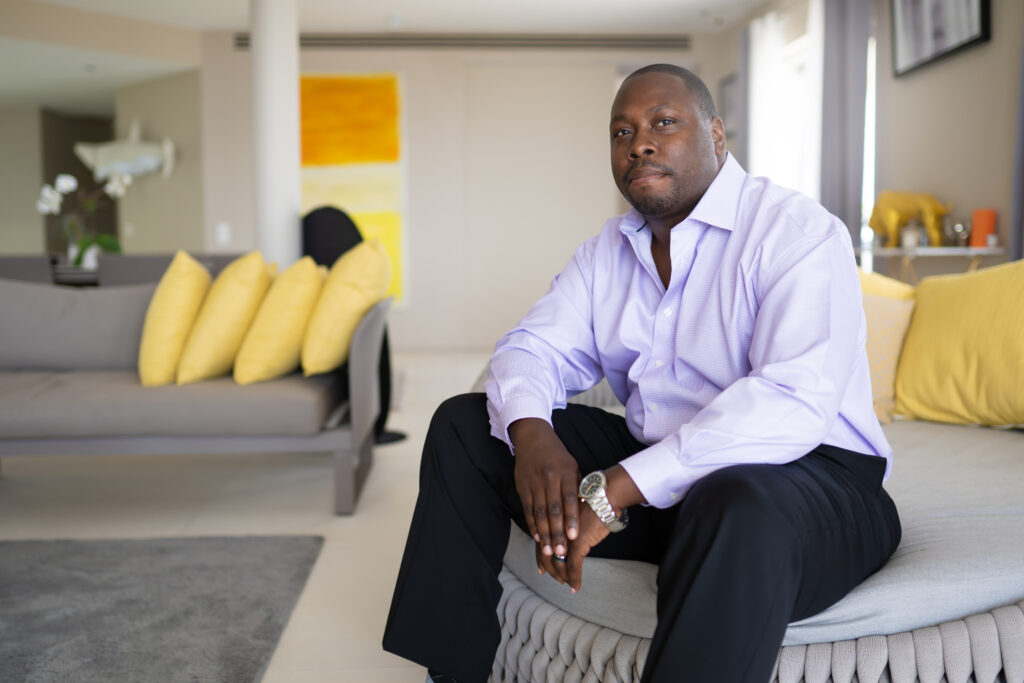
A-CHOICES: So why Africa?
JON: Africa is the second-largest continent after Asia. Yet, when is the last time you saw a mainstream major motion picture film about Africa or set in Africa? A lot of people will say “Black Panther”!!! Black Panther was a great film….but it showed you virtually NOTHING about contemporary Africa.
If you were to look at all the TV and Film produced out of Hollywood in the past 100 years, you’d see a lot of films set in Europe, Asia, Latin America, Oceania, everywhere. But you’d hardly even know Africa existed save for callbacks to slavery and colonization. But what about a drama about running a telecom in Africa with 300 million subscribers? What about rom-coms set against Kenyan nightlife?
What about stories that are just stories that happen to be in set in Africa but don’t make that the focus?
Having lived on the continent for three years, and having visited more than 20 African countries while there, I know that Africa has so many stories to share with the world.
Part of our mission at Southbox is to change Africa’s perception in Western media by developing mainstream content that draws from contemporary African culture and current events.
A-CHOICES: You studied music engineering and also worked at Tyler Perry’s studio, you left feeling unsatisfied with the entertainment business. But now you are coming full circle back into film through film finance?
JON: Yes. What I learned from watching Tyler was that no one is going to give you permission in Hollywood. It’s the land of gate-keepers there to keep you out. Kick the gates down and do things your own way. That’s what I learned working with Tyler’s company.
In regards to coming full circle, yes. I started off in film but left it all for about ten years. I spent those ten years building software companies, had the benefit of selling two of them, and working in finance. I decided to get back into film because I now have a much better understanding of how the money behind it all works.
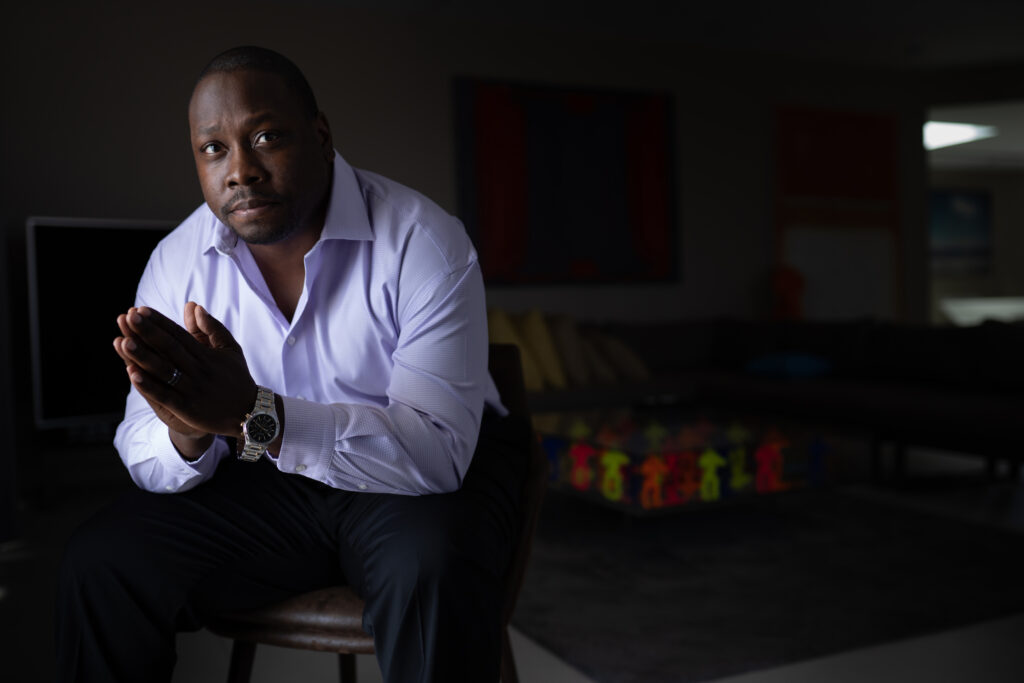
A-CHOICES: Can you tell us some of the artists you have worked with and films you and your team have worked on?
JON: I’ve had a varied career. I started off as a recording engineer working with big artists like Gwen Stefani and Mos Def and dozens of others in the early 2000s. Then, my cofounders at Audigent and I built a tech platform that now serves the entire music industry. The company does business with three major record labels and a number of streaming and social platforms. So I would guess most, if not all, major recording artists have touched our technology, whether they know it or not. Too many to list them, but if they’ve been on billboards in the past 5 years, it’s highly likely.
On the movie side, it’s also hard to list them all. Every movie has so many great actresses and actors involved. I suppose I was most excited to co-finance a movie in the SKYLINE sci-fi franchise. A number of great actors have appeared across the three films. People like Lindsey Morgan (The 100), Frank Grillo (Copshop), and Donald Faison (Scrubs).
A-CHOICES: What kinds of films do you look for and at what stage?
JON: Everything Southbox produces is developed in-house. With FilmHedge, people either just visit our website and apply or they are referred to us by Entertainment Attorneys, Lawyers, Investors, etc.
A-CHOICES: You attended the 2021 Cannes Film Festival? How was it in your opinion?
JON: Cannes this year was great. Because of covid and travel restrictions, it felt like there were only 1/3 to 1/2 the normal attendees. With less people than normal, it felt a lot more intimate. It was easier to connect with people and to learn about their upcoming projects.
A-CHOICES: In your opinion, why is it crucial for companies to attend Cannes, even if the marketplace is not at peak performance?
JON: For better or for worse, Hollywood is a relationship business. It’s always great to get to know people whether its Directors, Producers, Investors, Actors etc. But most importantly, if you’re an aspiring filmmaker, try to meet Distributors and Sales Agents. They can often do more for your projects than anyone else in the industry. Everyone thinks they need money and investors first. If you have the distribution cosign first, the money is a lot easier to get.
A-CHOICES: You hosted an event at Cannes this year called The Better World Fund Event. Can you tell us about the fund and how it works?
JON: I’m not involved with the Better World Fund directly, but I was inspired by their mission to promote Peace. They have a special interest in the role film and visual media can play in helping to spread messages of peace and tolerance. So I was thrilled to make a financial contribution to their event this year as a sponsor.
A-CHOICES: What are your hopes for your company down the line? Where would you like to see it go in the next 10 years?
JON: With Southbox we’re headed into production on two of our projects which we hope to have out in 2022. With FilmHedge our mission is to make media investing safer and more attractive to financiers.
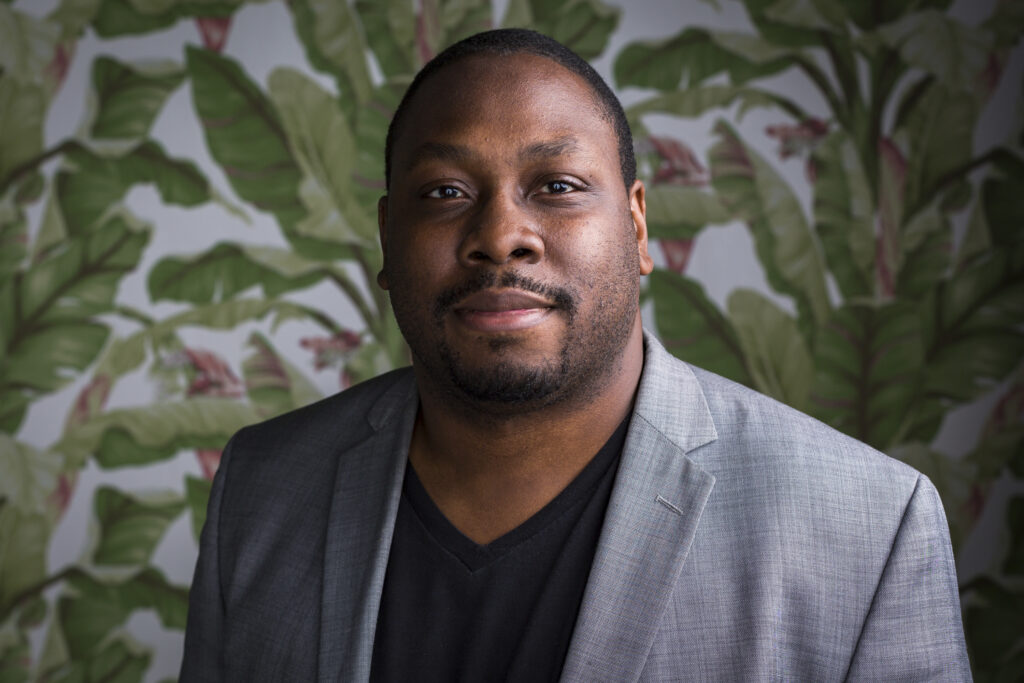
A-CHOICES: What’s the biggest highlight of your career thus far,is there a project or even a moment that you are most proud of?
JON: The work I did early in my career when I moved to Africa. While there I co-founded groups like AfriLabs and HiveColab. We collectively launched the first three ‘Innovation Hubs’ on the continent. These hubs are like a mix between incubators, entrepreneurial centers, and co-working spaces that make it easier for tech startups in Africa to launch.
In 2008 there were 3 such centers, now there are almost 700 across Africa, now spearheaded by people like Nigerian entrepreneur, Bosun Tijani. The explosion of venture capital activity happening across Africa now wouldn’t be possible without that network. Those hubs are the infrastructure for innovators. It’s amazing to have played a small part of growth and to watch it translate to increased investment!
A-CHOICES: What is the best piece of advice in this business you actually followed?
JON: Follow the money.
A-CHOICES:What are the requirements for applying for a FilmHedge loan?
JON: Films have always been financed in two ways: with equity and with debt. Most young filmmakers are often only aware of equity capital. Debt, though, is often easier to get if you meet the right criteria. To get debt it usually needs to be secured against something – tax credits, a letter of intent from a streamer, a distribution agreement, or pre-sales analysis.
FilmHedge did not invent these industry standards: we build the tech that automates it. Our company’s vision is to build a new financial operating system for Hollywood.
A-CHOICES: Most films, especially big-budget Hollywood films, are financed by entities in cities like Los Angeles, New York, or London. That’s where the real decisions are made about what gets funded. Would you say your mission is to help Atlanta become one of those cities.?
JON: That’s part of the benefit of living in Atlanta, yes. But honestly, it’s happening anyways. The reason those cities were the power centers for greenlighting projects in the past was because that’s where the major Studios had their offices. Due to the explosion of streaming, most Film and TV content is no longer ‘greenlit’ by big studios, rather it’s all funded by independent financiers all over the world and then acquired by, sat, Netflix, Apple+ or whoever.
Atlanta, GA has quickly become one of the world’s most popular places to shoot movies. Black Panther 2 is shooting here, Shazam 2, Jungle Cruise, Avengers, Spider-Man, etc. have all shot here. But there aren’t many groups from Atlanta who fund the many films that shoot in Atlanta.
That is something I’m definitely working to change.
A-CHOICES: Let’s talk about your first company, Appfrica. What initiated your connection to creating start-ups and new ventures in Africa specifically?
JON:This is back in 2008. When I moved to Uganda I noticed that companies like Google, Facebook, Telecoms, and various Financial Groups were spending a fortune flying in tech talent from around the world to help them build products for Africa.
To fly in a developer from San Francisco, not only are you paying their wage (easily $250K per year), but insurance (another $100K), travel ($10,000), lodging ($50K) AND probably a vehicle or transportation (another $50K). So right there you’ve spent $460,000 on a single software developer.
I went to a lot of those companies and asked them why they didn’t just use talent from the African countries they were in. The average wage for a Senior-level software developer in 2008 was around
$40K. Literally 1/10th the cost of the guy being flown in.
Most would claim “They can’t find the right talent” or “We aren’t sure they have the right skills”.
So, I founded Appfrica to be a company that hired African software developers. Then I went to companies spending money to fly in technical talent and pitched them: “You can hire our whole company of 15 software devs (who are just as skilled) for the price of 2 of your foreign developers – and still save money.”The math made the case for us.
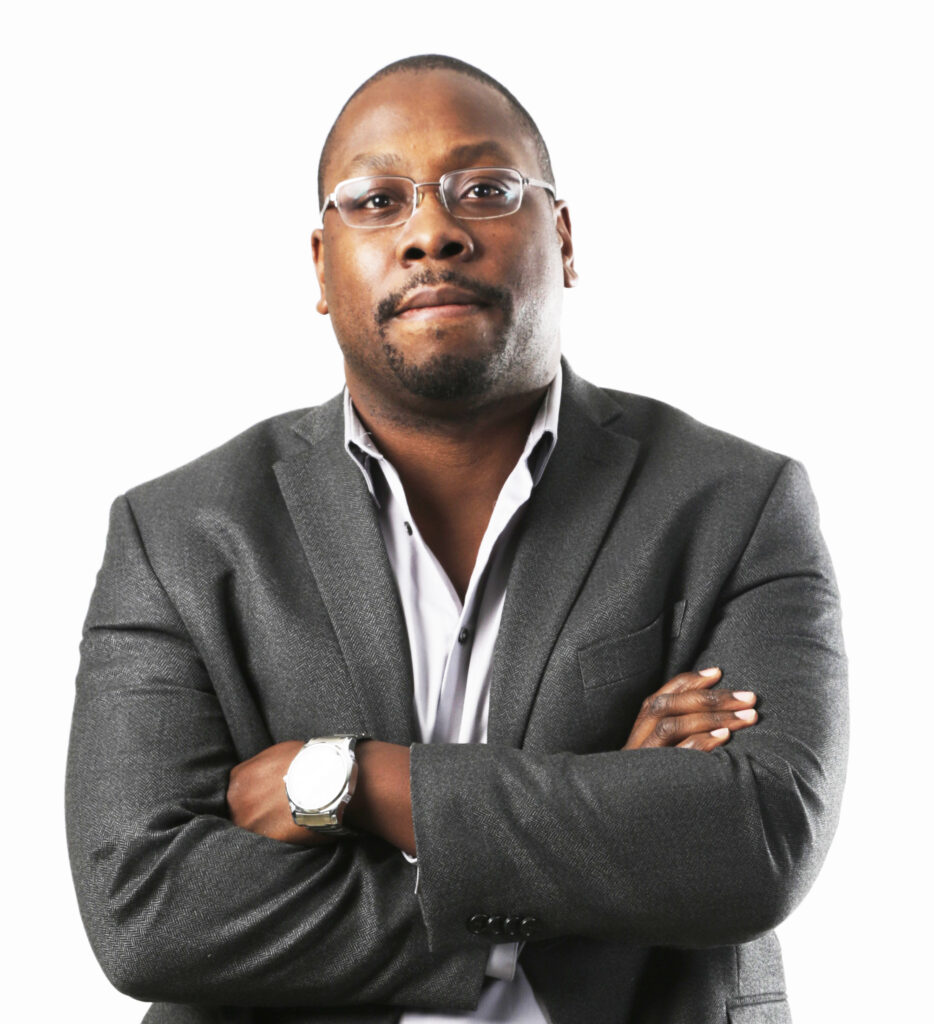
A-CHOICES: Why Uganda and your first impressions of the country?
JON:I didn’t pick Uganda, that was mostly chance. I was dating a girl at the time whose job took her to Uganda to be their regional director. I just decided I would take my chances by moving with her.Uganda is a lovely country. I lived in a place called Mutungo Hill that overlooked the whole city of Kampala. Somedays I’d just go sit outside on the patio and watch the whole city breathe.
A-CHOICES: What were the most important things you learned or experiences during your stay in Africa?
JON: I would just say generally that Africa has so much rich history and stuff happening there that most of the world just doesn’t pay enough attention to… until there are problems. The world fetishizes Africa’s perceived problems. They want to help Africa do something, anything. The implication is that Africa is helpless to improve itself.
A-CHOICES: Given your experience,what are some common mistakes new Producers make in the process of setting up, producing and ultimately releasing their films?
JON: Spend more time understanding the industry. The days of saying “I just want to make movies, I don’t need to know finance or how to read contracts, etc.” are behind us. You’ll be a more effective as a filmmaker if you’re more effective at business.
A-CHOICES: Can you help us understand your approach to development? If you really distilled it down to a few essential elements, what do you look for in a script or a story?
JON: For Southbox we specialize in developing projects that are adapted from reality. True stories, whether recent or from history, are just dramatized for the screen. We have a particular interest in stories about Africa. Our first slate, which I announced at Cannes this year, has a number of feature films inspired by my experiences or observations while in Africa.
The first is a true story. A hacker thriller about the very real digital activist movement across Africa in 2010. While this activity got a lot of news coverage at the time, now, it’s like the media collectively forgot about Africa’s contribution to things like mobile phones and the crisis technology used around the world daily.
In fact, generally, Africa’s contributions to tech don’t get enough attention. This film is focused on those true events. The film is called “COLLATERAL DATA” and was loosely inspired by my 2014 TED Talk and a later talk I gave in 2018.
A-CHOICES: Who have been some of the most important mentors in your professional life?
JON: I’d say some of my friends and colleagues are also some of my best mentors. People like Josh Harris here in Atlanta who is a film finance expert and Mickey Vetter who comes from the world of private equity. Also my investors are my mentors. Gayle Jennings-O’byrne is an investment banker turned venture capitalist who is my business partner, advisor, and investor in Southbox. She’s been invaluable at helping grow the business to new heights. Also, as new investors come to the table to invest in our vision at Southbox, she’s been great at onboarding them.
A-CHOICES: Is there anything else that you would like to share with our readers?
JON: Things work the way they do because we, collectively, accept them. The way businesses work, the way the film industry works, the way any industry works. People have just accepted it. But that doesn’t mean you have to accept them, too. If things are unacceptable, I promise they can be changed. You can change them. It won’t always be easy, but it’s your job (especially as a filmmaker) to challenge what you find unacceptable about the world.
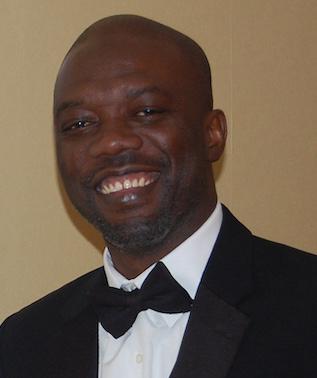
Author: Seyi Awoleye
Los-Angeles, CA, USA
seyiawoleye@yahoo.com

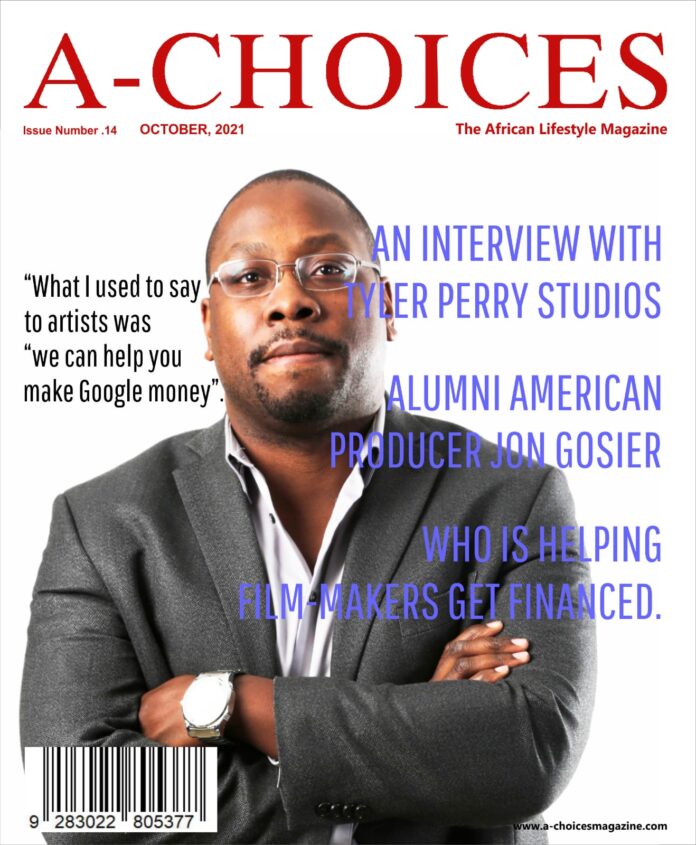












Mostly, crypto traders are speculating on the prices of cryptocurrencies, trying to buy them at the lowest possible rate and sell for the higher price. However, with CEX.IO you can multiply your holdings with almost no effort. Just join our Staking program. It is pretty easy actually. The entire process involves five key steps. They are: a) Choose a crypto exchange; b) Create your account and verify it; c) Deposit the fund and start investing; d) Place you order to buy desired cryptocurrency, e) Select a storage method. However, there are also other ways to invest in cryptocurrencies. These include crypto ETFs (similar to those of gold and other ETFs) or investing in cryptocurrency-related stocks. These options are not so mainstream yet. To buy crypto in Exodus with MoonPay, and see supported jurisdictions, please visit: How do I buy crypto using MoonPay in Exodus?
http://jpsecurity.co.kr/bbs/board.php?bo_table=free&wr_id=29522
ETH to AUD In a new blog post, the former Goldman Sachs executive says that a strong-performing Nasdaq-100 Index (NDX) is likely to hit new all-time highs within five months along with Ethereum. There was a bearish reaction below $1,880. A low is formed near $1,862 and the price is now moving higher. There was a break above the $1,880 level. The price climbed above the 50% Fib retracement level of the recent drop from the $1,905 swing high to the $1,862 low. Currency Com US LLC (NMLS ID #: 2073665 ) is registered with the United States Treasury Financial Crimes Enforcement Network as a Money Services Business (MSB #: 31000200984051) at 101 Hudson St., 21st Fl., Jersey City, NJ 07302. Currency Com US LLC is a subsidiary of Currency Com Limited (Gibraltar) which is licensed by the Gibraltar Financial Services Commission as a DLT Provider, with license number 25032.
https://interpharm.pro/# indian pharmacy no prescription
international pharmacy canada – internationalpharmacy.icu Their health awareness programs are game-changers.
Thank you very much for sharing, I learned a lot from your article. Very cool. Thanks. nimabi
whoah this blog is wonderful i love reading your articles. Keep up the good work! You know, many people are looking around for this information, you can help them greatly.
Some truly nice stuff on this website , I love it.
me encantei com este site. Para saber mais detalhes acesse nosso site e descubra mais. Todas as informações contidas são informações relevantes e únicos. Tudo que você precisa saber está ta lá.
You actually make it seem really easy along with your presentation however I find this matter to be actually one thing which I believe I would by no means understand. It sort of feels too complex and very large for me. I’m taking a look forward to your subsequent post, I¦ll try to get the hang of it!
When I originally commented I clicked the -Notify me when new comments are added- checkbox and now each time a comment is added I get four emails with the same comment. Is there any way you can remove me from that service? Thanks!
Valuable information. Lucky me I found your site unintentionally, and I am shocked why this twist of fate did not took place in advance! I bookmarked it.
I will immediately snatch your rss as I can not to find your e-mail subscription hyperlink or e-newsletter service. Do you’ve any? Kindly let me recognize in order that I may subscribe. Thanks.
I found your blog site on google and test a few of your early posts. Continue to keep up the superb operate. I simply further up your RSS feed to my MSN Information Reader. In search of forward to reading extra from you in a while!…
Thanks for sharing. I read many of your blog posts, cool, your blog is very good.
I started fetching https://www.cornbreadhemp.com/collections/thc-drinks a little while ago just now to observe what the hype was wide, and now I truly look impudent to them ahead of bed. They don’t knock me escape or anything, but they generate it so much easier to chill and crumple asleep naturally. I’ve been waking up perception nature more rested and not sluggish at all. Unequivocally, kind of wish I’d tried them sooner.
I don’t think the title of your article matches the content lol. Just kidding, mainly because I had some doubts after reading the article. https://www.binance.com/register?ref=IXBIAFVY